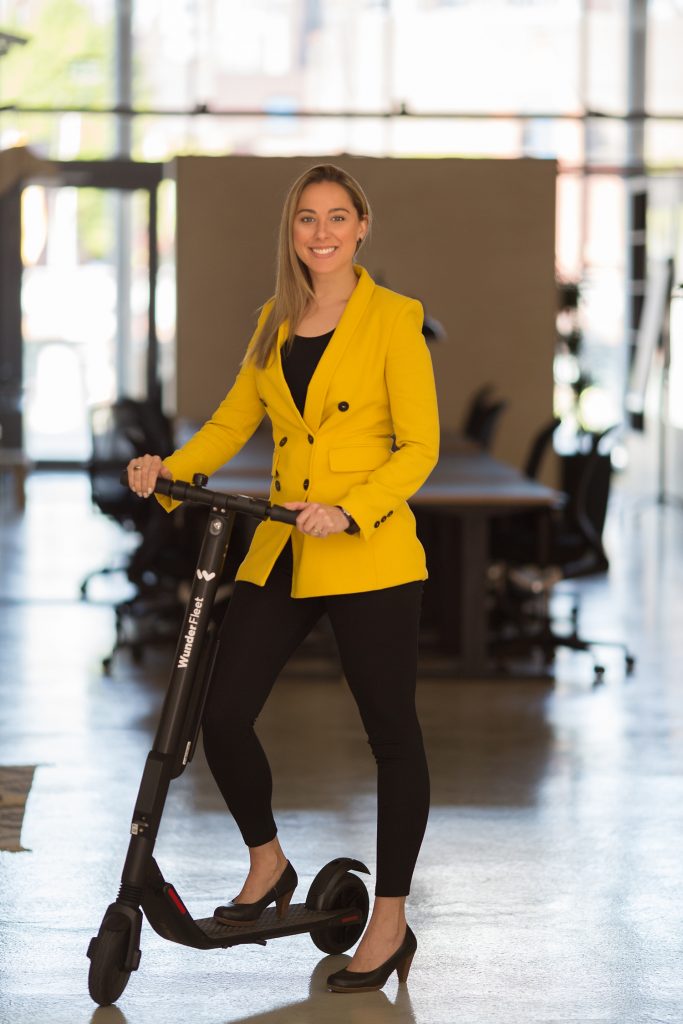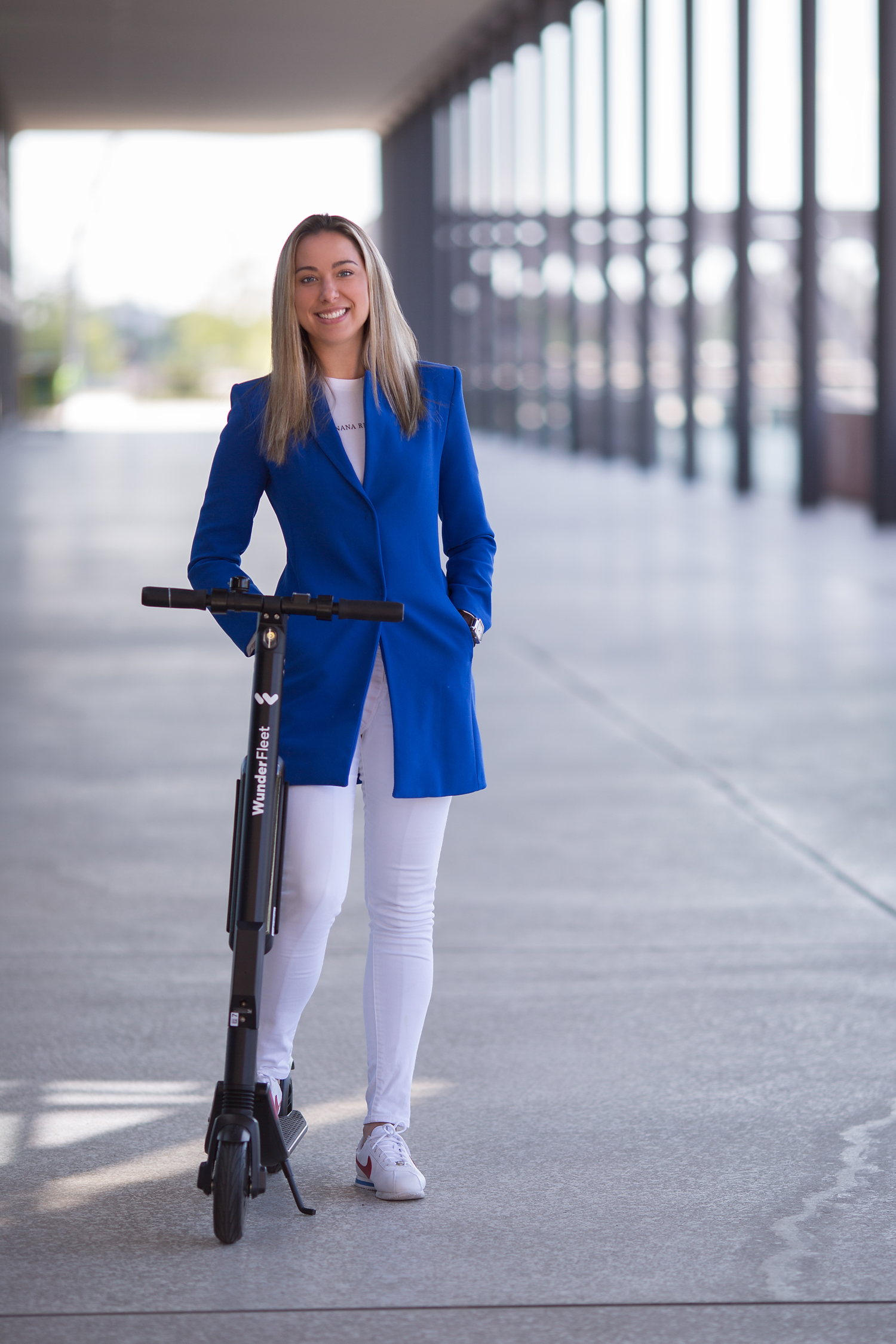Part 2 of the Black and Paper exclusive interview with Tamy Ribeiro on the future of mobility.
I decided to shift the conversation from the challenges faced as a woman in the field, to ask her expert opinions on the future of mobility and our interaction with cars.
We met at the Shift Automotive Conference during IFA Berlin. How will Driverless Cars transform society? Will driving become more leisurely?
Personally owned cars sit idle 95% of the time. There are pain points for insurance, licensing, parking, etc. With self-driving mobility as a service, people will have transportation at their fingertips with zero friction points. This will transform many aspects of our lives in a positive way. Not to mention the fact that reduced time spent behind the wheel frees up a lot of time for entertainment, news, radio, reading a book or anything else a passenger might feel like doing when they don’t have to focus on the road. So in that way, driving will absolutely become more leisurely.

Tamy Ribeiro
Out With the Old
Cars will have to be designed differently.
Absolutely. When it comes to transportation as we know it today, there is huge potential to improve transportation with their current design. However, autonomous vehicles will bring new mobility services to the ecosystem, and in this case, new concepts will be developed.
The design of a car will no longer be about making life easy for the driver, but rather for the passenger. Which is what we’ll all become when we no longer have the need to have our hands on the steering wheel. That means extra focus can be given to comfort and entertainment, making being in the car a more leisure activity.
Driverless cars have been a part of Sci Fi Films. Reality seems trickier.
Autonomous driving is one of the hardest challenges mankind has ever faced. It is a moonshot that needs to be worked on every day. Waymo, for example, is a leader in the market and has over 16M kilometers of driving on public roads and 16B kilometers of simulation. Still, they prioritize launching in regions where they can drive safely. For those that are not aware of the complexity of driverless cars, cities like New York or Berlin would be the first choice when analysing market potential. However, Waymo is currently operating in Phoenix to learn, while adding more capability and geographical reach each month. It’ll be decades before self-driving cars are all over the roads.
Based in Hamburg, Germany, Amy Ribeiro is the Chief Mobility Evangelist and Head of Partnerships for Wunder Mobility.
